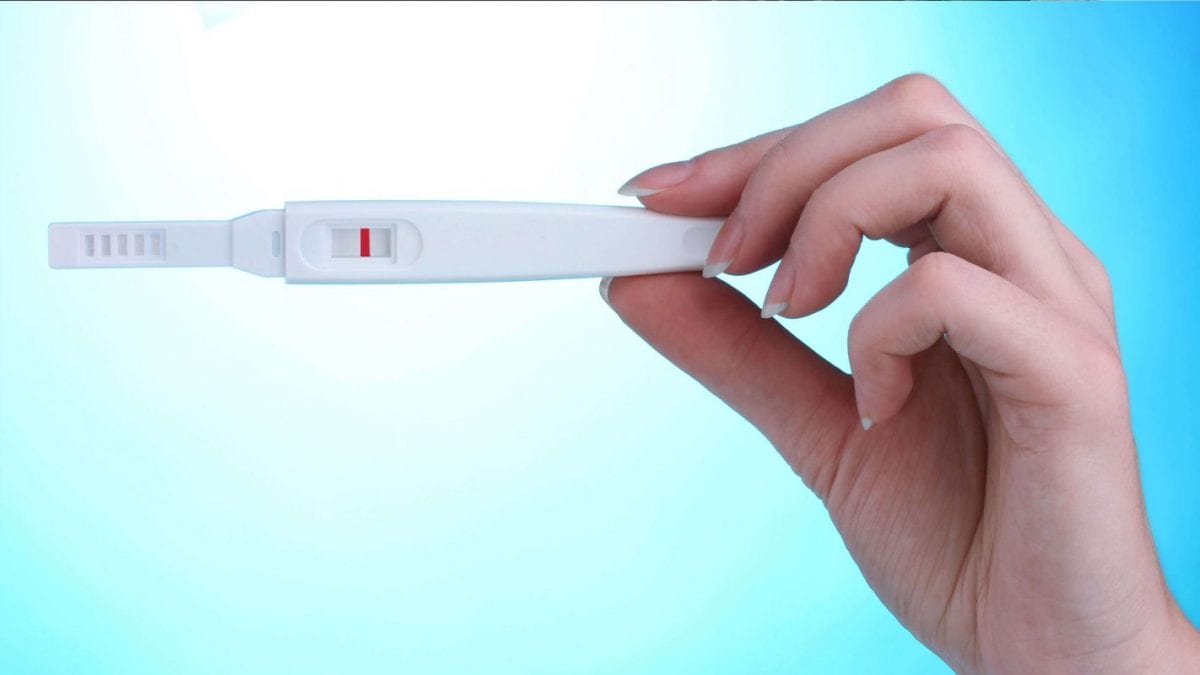At one point or another in their life, almost everyone feels a strong desire to conceive. It’s therefore crucial that a person or a couple understands what it means to increase fertility so that they can know if there’s a problem and when it’s time to seek help. A majority of couples achieve pregnancy within the first year of trying, with conception happening within the first few months. A few others typically conceive within the second year. The remaining few are usually considered infertile, thus infertility has been defined as the inability to conceive within the first 12 months of trying. An individual suffering from infertility in Winter Park should visit a competent reproductive endocrinologist in the area if the 12 months have passed without any sign of pregnancy. Additionally, irregular, painful menstrual cycles and a reproductive medical condition could be a sign of infertility.
Lifestyle Changes
Most cases of infertility are genetic, but for others, it could be issues such as your weight. Weight is directly proportional to the amount of hormone production in the body. In both genders, a healthy BMI ratio has been linked to increased fertility, thus one should always maintain a healthy weight. Being overweight leads to a decreased sperm count in men and irregular and inconsistent ovulation in women. One should ensure their diet is comprised of lean proteins and fresh produce. Although there is no specific diet for fertility, eating nutritious food ensures the body systems function at their optimum, and this includes their reproductive system. Additionally, one should exercise regularly to boost their reproductive health. Daily exercise helps keep women’s ovulation consistent and ensures they have a healthier pregnancy. Exercise can also help increase a man’s sperm motility and sperm count. Moreover, one should avoid exposure to sexually transmitted diseases, which can cause infertility.
Optimal Timing
Women should be able to track their cervical secretions regularly. They can do this by using a calendar. At certain times of the month, a woman’s body temperature shifts and the viscosity of their cervical mucus changes, which usually indicates changes in their fertility. By tracking these changes and recording them on a calendar, a woman can know when they are most fertile – a process referred to as symptothermal method. They can start the process after the last day of their most recent period. The mucus can be checked in the morning just before one urinates. It is important to observe the color, viscosity, and its consistency. It would be wise to avoid sexual intercourse before measuring this. The changes should be noted on a daily basis throughout the month, especially when there’s none and when there’s an abundance of it.
Medical Help
While lifestyle changes might help one increase their fertility, conception may still be a problem. In such cases, a specialist may be able to help. An individual should be comfortable enough to discuss fertility problems with their doctor. Your doctor can advise you on which medications to use, and which ones to stop, as some lead to reduced fertility. Examples of medication that may lead to reduced fertility include calcium channel blockers and tricyclic antidepressants. A fertility specialist can conduct an examination to find out where the problem lies, and what treatment options exist and are available for the patient. They may offer medications or perform some medical procedures to help in conception. These include assisted reproductive therapy.








